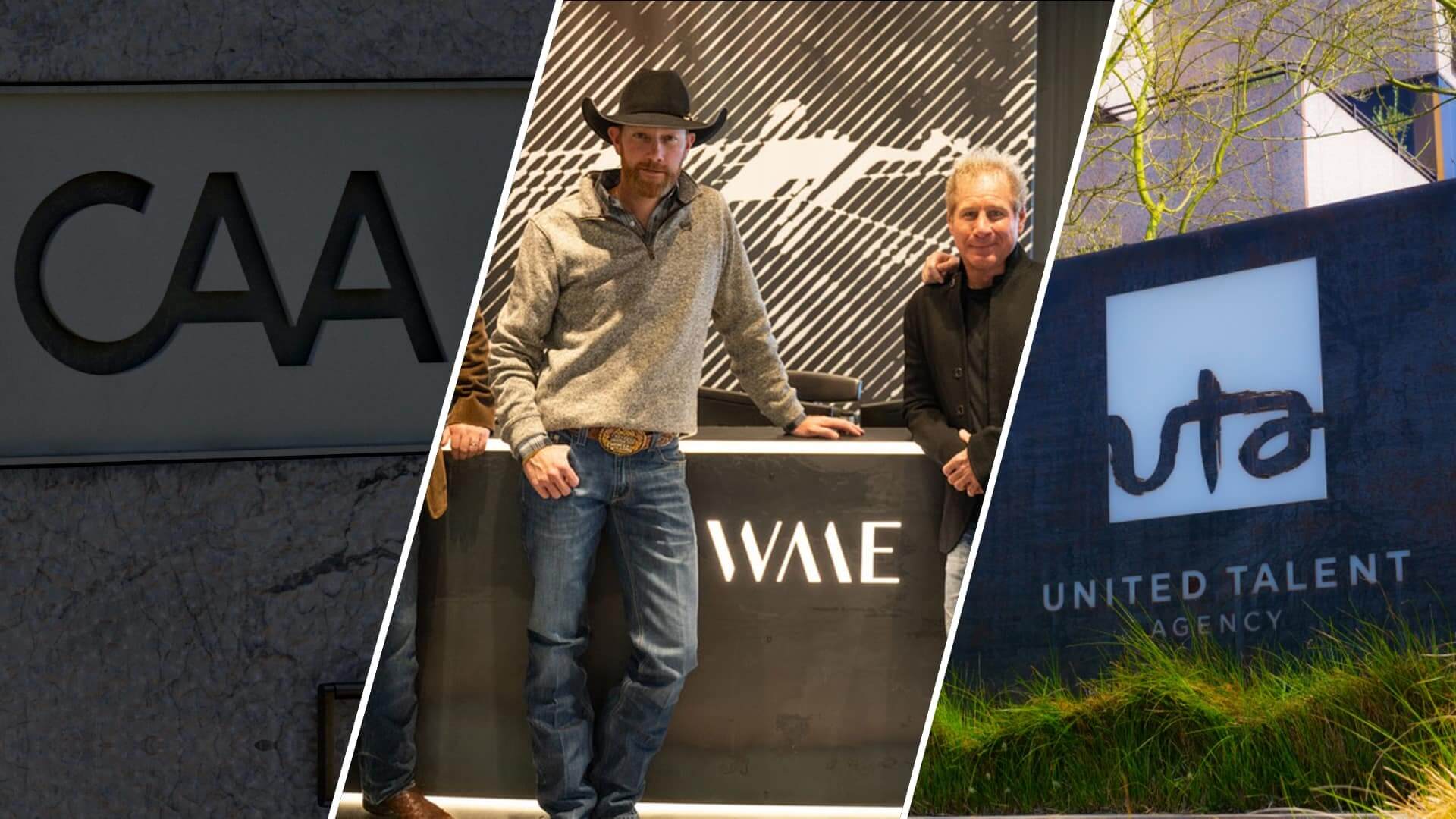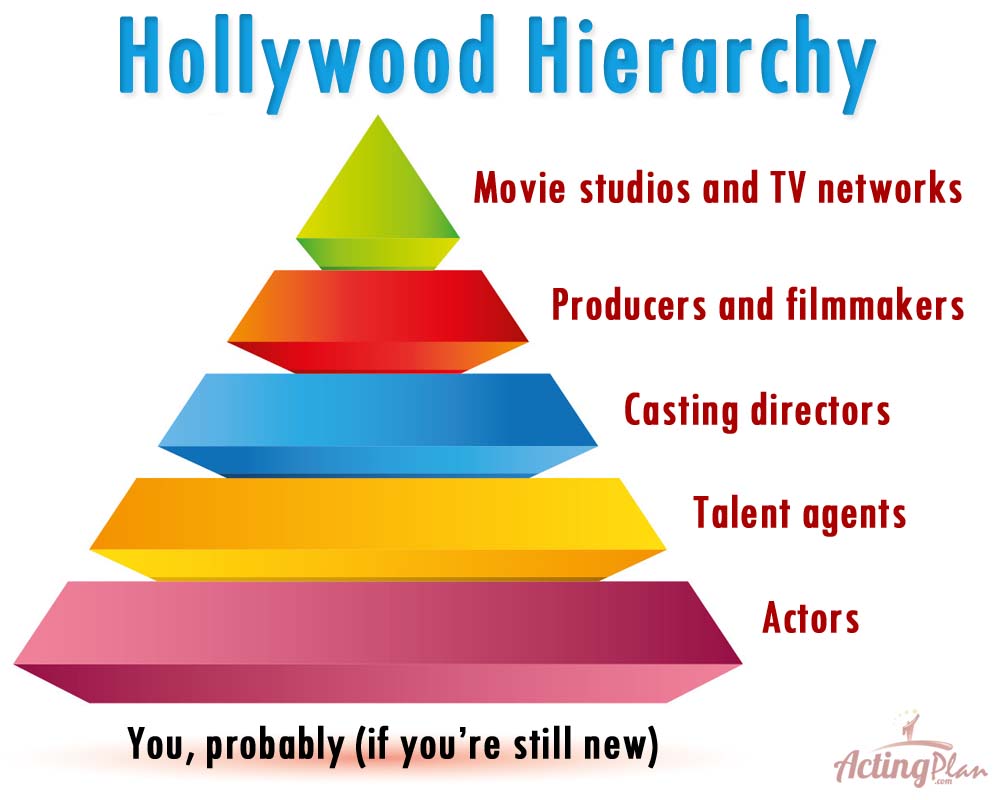Some Known Details About The Casting Connection
Some Known Details About The Casting Connection
Blog Article
The Casting Connection for Beginners
Table of ContentsThe Ultimate Guide To The Casting Connection4 Easy Facts About The Casting Connection ExplainedIndicators on The Casting Connection You Should KnowSome Known Questions About The Casting Connection.The Best Strategy To Use For The Casting Connection
A skill representative acts as a representative for musicians, entertainers, athletes, and various other individuals in the entertainment market. Their key responsibility is to advertise and represent their customers' rate of interests, assisting them safe and secure chances such as acting roles, modeling jobs, endorsements, music contracts, or sports bargains. Talent representatives function closely with their clients to comprehend their profession objectives and ambitions, and afterwards take advantage of their market connections and competence to bargain contracts, secure tryouts, and explore different avenues for exposure and success.Talent representatives typically work in fast-paced and vibrant atmospheres that revolve around the show business. Their work environments can vary based upon the dimension and type of company they are utilized in. Below are some usual facets of the office of a skill agent: Skill Agencies: A lot of ability agents work in talent companies, which can vary from small store companies to big, reputable companies.

Fascination About The Casting Connection
These conferences can take area in the firm's workplace, at customer occasions, or at external places hassle-free for the client. Auditions and Spreading Calls: Representatives may accompany their clients to auditions and casting phone calls, offering support and assistance throughout the procedure. This could involve taking a trip to various areas, such as production workshops, casting offices, or film sets.
These negotiations often occur via phone or e-mail, with representatives functioning carefully to protect favorable terms for their clients. Research and Sector Updates: Representatives stay informed concerning market fads, casting telephone calls, and market demands. They perform research on potential clients, tasks, and market advancements to offer beneficial understandings to their clients.
They make use of e-mail, phone telephone calls, video conferencing, and specialized software to stay in touch with clients and market get in touches with. https://www.find-us-here.com/businesses/The-Casting-Connection-Miami-Florida-USA/34118254/. High Pressure and Lengthy Hours: The show business operates tight routines and target dates - Open call auditions in the US. Talent representatives usually work lengthy hours, consisting of evenings and weekend breaks, to guarantee they are available to react to possibilities and customer requires immediately
They have to be strategic and influential to protect the best bargains for their customers, whether it's for a duty in a movie, why not try these out a modeling agreement, or a songs bargain.
The 15-Second Trick For The Casting Connection
In a couple of words: Basically, a talent representative is hired by the star to represent the actor. The actor's representative looks out for talent's interests, working on their part (the very interpretation of "representative").
They are employed by the manufacturer or the end-client, and their loyalty is to that side of the production chain. Is the difference actually so straightforward? No. We'll require a few more words First, let's clarify the word "representative." In the business of product advertising and advertising and marketing interactions, there are all sort of agents.

And yet, although the talent representative is paid by talent (usually via compensation), they need to likewise satisfy the producer to do their job effectively. Casting Agent: Hardly ever in major markets, yet in some cases in smaller sized markets, some skill agents play both duties, a minimum of functionally. They stand for the skill (generally being paid by commission), but they might also conduct tryouts themselves.
The Casting Connection - Truths

Advertising and marketing Firm: This company represents the "advertiser," which is the company that develops or markets the product or service being marketed. https://castingconnection.carrd.co/. With the growing of media types over recent decades, an advertising agency could develop any kind of kind of marketing communication or audio product, ranging from a radio commercial to a viral web video
These, and agents by various other names are comparable to the ad agency, because they offer the marketing professional, in various means. Their service could be wider (e.g., a marketing agency could do anything that is marketing-related), or could be a lot more details (e. Custom audition cuts.g., a media agency advises and/or acquires media time and room)
The smart Trick of The Casting Connection That Nobody is Talking About
Talent Scout. It refers to looking for out intriguing (and ideally qualified) ability, rather than going out via the standard casting chain and having actually chosen choices come back.
From a client/producer's factor of sight, scouting for skill is a genuine approach, but possibly not their only strategy. It's inherently ineffective and uncertain; the ability may have some distinctive high quality, but be inexperienced, undirectable and/or unstable, and clearly, the start of a tight manufacturing schedule is not the moment to start searching for diamonds in the rough.
Report this page